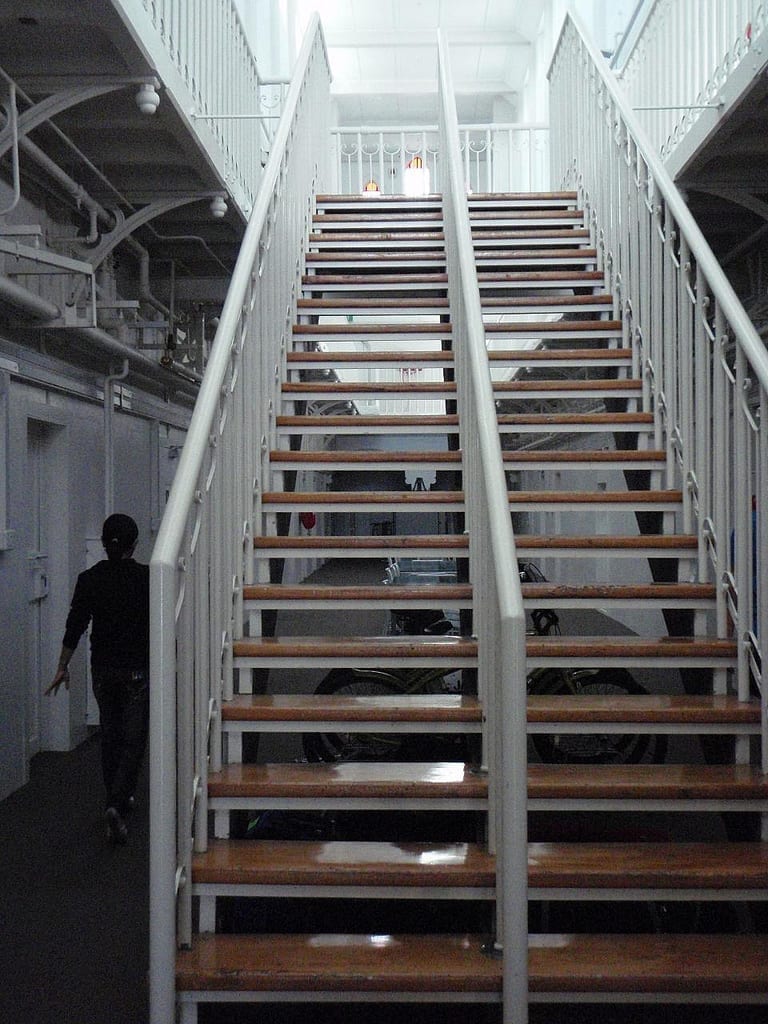Private prisoner operator CoreCivic has reached a $56 million settlement with its shareholders, who accused the company of misrepresenting the quality and value of its services.
As The Denver Post reports, the lawsuit was filed in 2016, shortly after the Department of Justice issued guidance instructing the federal Bureau of Prisons to not renew or issue any new contracts to private prison companies.
In its directive, the Justice Department noted that privately-run prisons are less safe and less secure than those managed by the federal government.
After the department’s announcement, CoreCivic’s stock plummeted. One of the main plaintiffs in the lawsuit, Amalgamated Bank, lost more than $1.2 million in a matter of days.
But in court, CoreCivic was keen to note that President Donald Trump had rescinded the Department of Justice’s order, which had gone out in the waning days of the Obama administration. Furthermore, CoreCivic said that its claims of quality and value were of a generic nature and therefore not fraudulent.
As part of the settlement, CoreCivic will pay $56 million in exchange for the plaintiffs dropping a securities fraud lawsuit and all other claims.
“We are pleased to resolve this matter and put it behind us in order to focus on the Company’s business,” company President and CEO Damon Hininger said last Friday.

“While we continue to believe the allegations in this case were without merit, we also believe that eliminating the risk, cost and distraction related to the litigation is in the best interest of CoreCivic and its shareholders,” Hininger said.
A jury trial had been scheduled to begin on May 10.
Corene Kendrick, deputy director of the American Civil Liberties Union National Prison Project, said it appears CoreCivic may have been trying to save face.
“I can’t speculate about what their attorneys were thinking, but usually when you settle right before a trial it’s because you feel there is more risk going to trial,” Kendrick said.
Kendrick suggested that, because the trial would have been a jury trial, CoreCivic may have been concerned about there being some “negative public sentiment about private prisons and mass incarceration.”
CoreCivic, adds The Associated Press, had tried to have the lawsuit dismissed but were rebuffed by U.S. District Judge Aleta Trauger.
In her previous rulings, Trauger opined that CoreCivic’s own internal communications suggested the company was well-aware of external criticism. In one email exchange between CoreCivic leaders, an executive expressed surprise that a federal audit had been less critical than expected.
“What I’m shocked over,” the executive wrote, “is they totally overlooked the consequences of our staff vacancies. They mentioned staff at the end but could have been much more critical.”
CoreCivic, says The Associated Press, owns or manages 54 detention centers across the country; they have a combined capacity of more than 75,000 beds, and contract with federal, state, and local governments.
As LegalReader.com has reported before, CoreCivic and other private prison companies have been regularly criticized—and sued—for providing grossly inadequate staffing and neglecting inmates’ most basic safety needs.


Join the conversation!